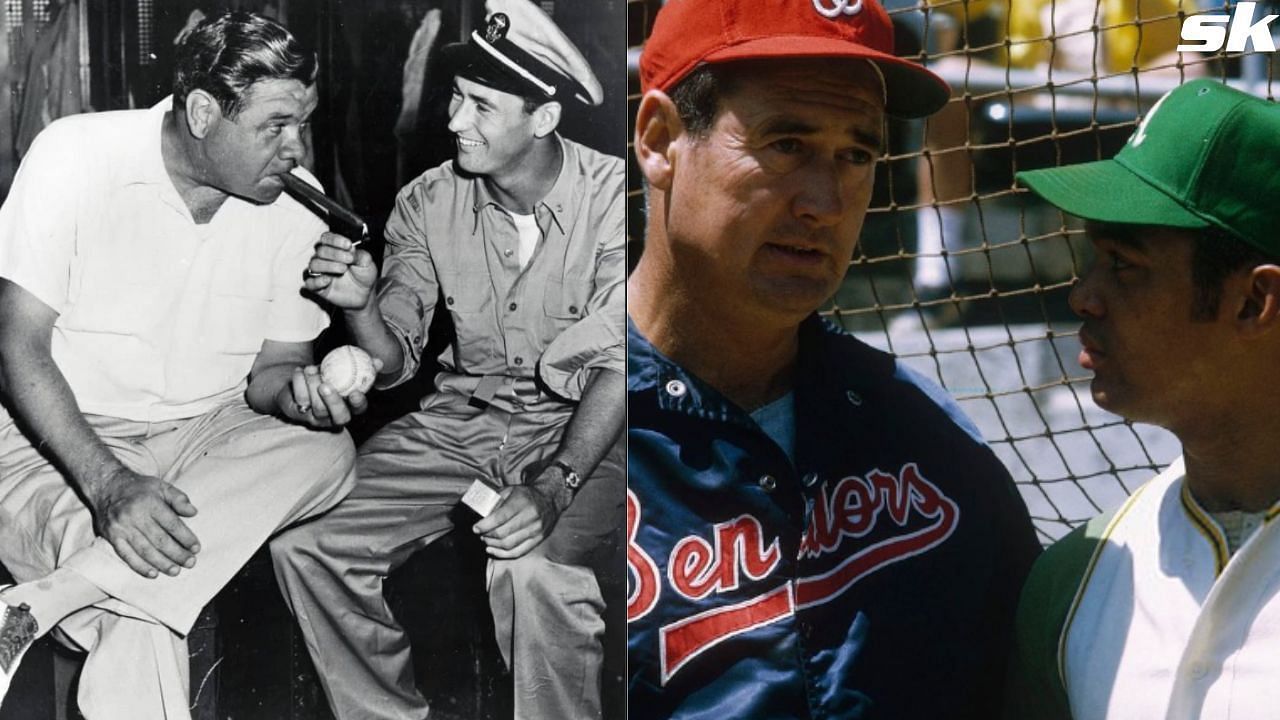
Inside 19x All-Star Ted Williams’ former $4,200,000 Florida Keys mansion ft. infinity pool and spa that complemented WWII veteran's fishing hobby
Baseball Hall of Famer Ted Williams played 19 seasons in the MLB, all with the Boston Red Sox. He also served as a Navy pilot for the country in World War II, in between his playing time.
Recognized as one of the greatest hitters in league history, he earned 19 All-Star selections. He died at the age of 83 on Jul. 5, 2002, due to a cardiac arrest.
Williams once owned a luxurious abode in Upper Matecumbe Key on Islamorada, surrounded by the deep tropical landscape of Florida. Fishing was one of the hobbies of the late left fielder, and he found out the best location to enjoy it in the early 1990s.
The real estate is within walking distance of Key's quaint restaurants and shops. The gated home, spanning 3,193 square feet, has four bedrooms, four baths, a three-bedroom, one-bath guest house and a separate gym.
Outside, it has an infinity pool and spa with a secured dock, and it's only a short boat ride to some of Florida's top fishing sites. The property is listed for $4.2 million by Cheri Tindall of Ocean Sotheby’s International Realty.

Ted Williams's professional journey between baseball and national duty
Hailing from San Diego, Ted Williams joined the Boston Red Sox in 1939 and turned heads with his hitting. He posted a batting average of .401 in 1941, marking the last time an MLB hitter hit over .400 for a season.
However, Williams' baseball career was interrupted in 1943 when he was called up to serve in the United States Navy and Marine Corps for three years during World War II. He won the AL MVP in 1946 in his comeback season and led the team to the World Series.
Williams was called back to active duty for the 1952 and 1953 seasons to serve as a Marine combat aviator in the Korean War. He retired in 1960 and was inducted into the Hall of Fame in 1966. He later managed the Washington Senators and Texas Rangers from 1969 to 1972.